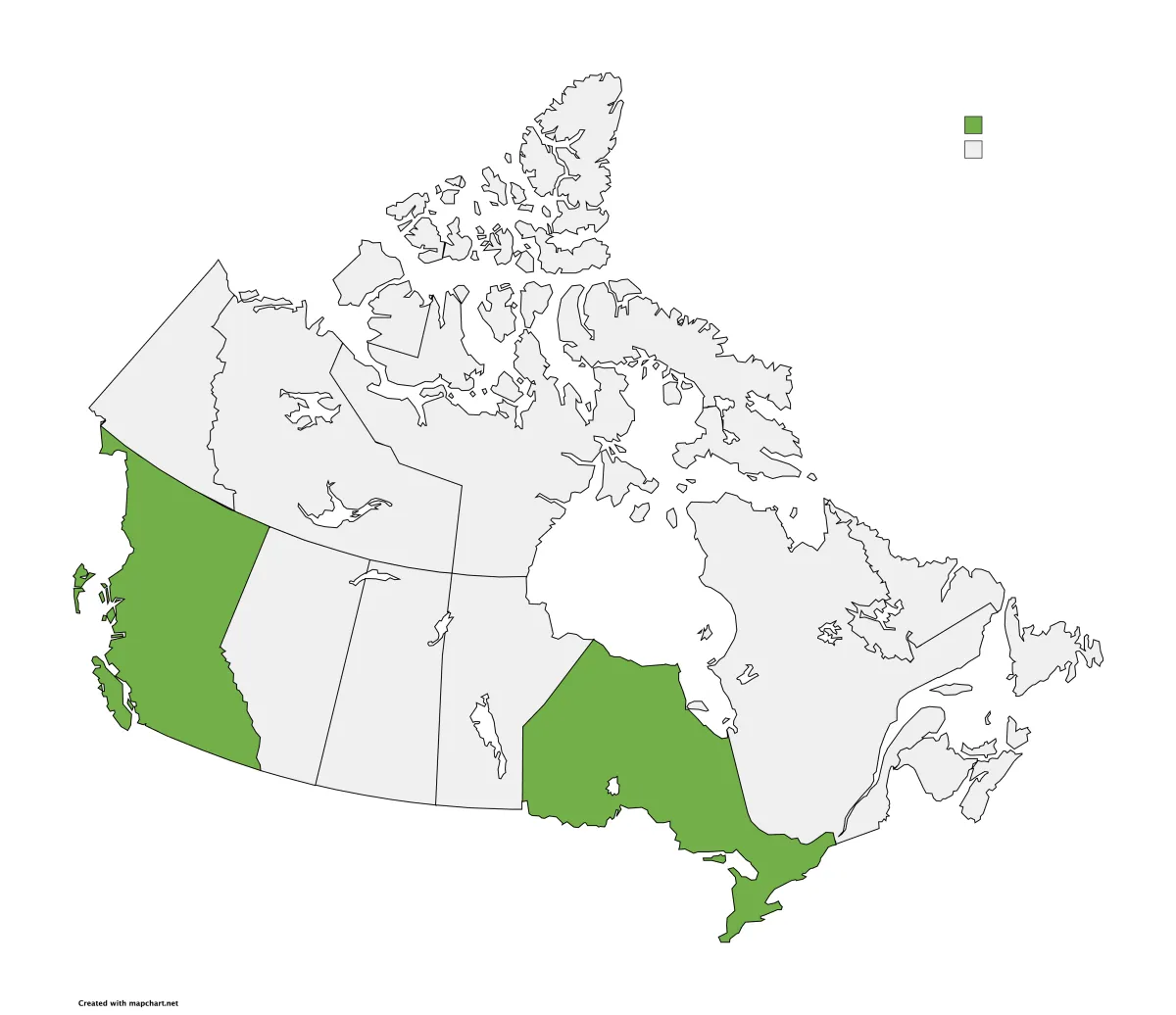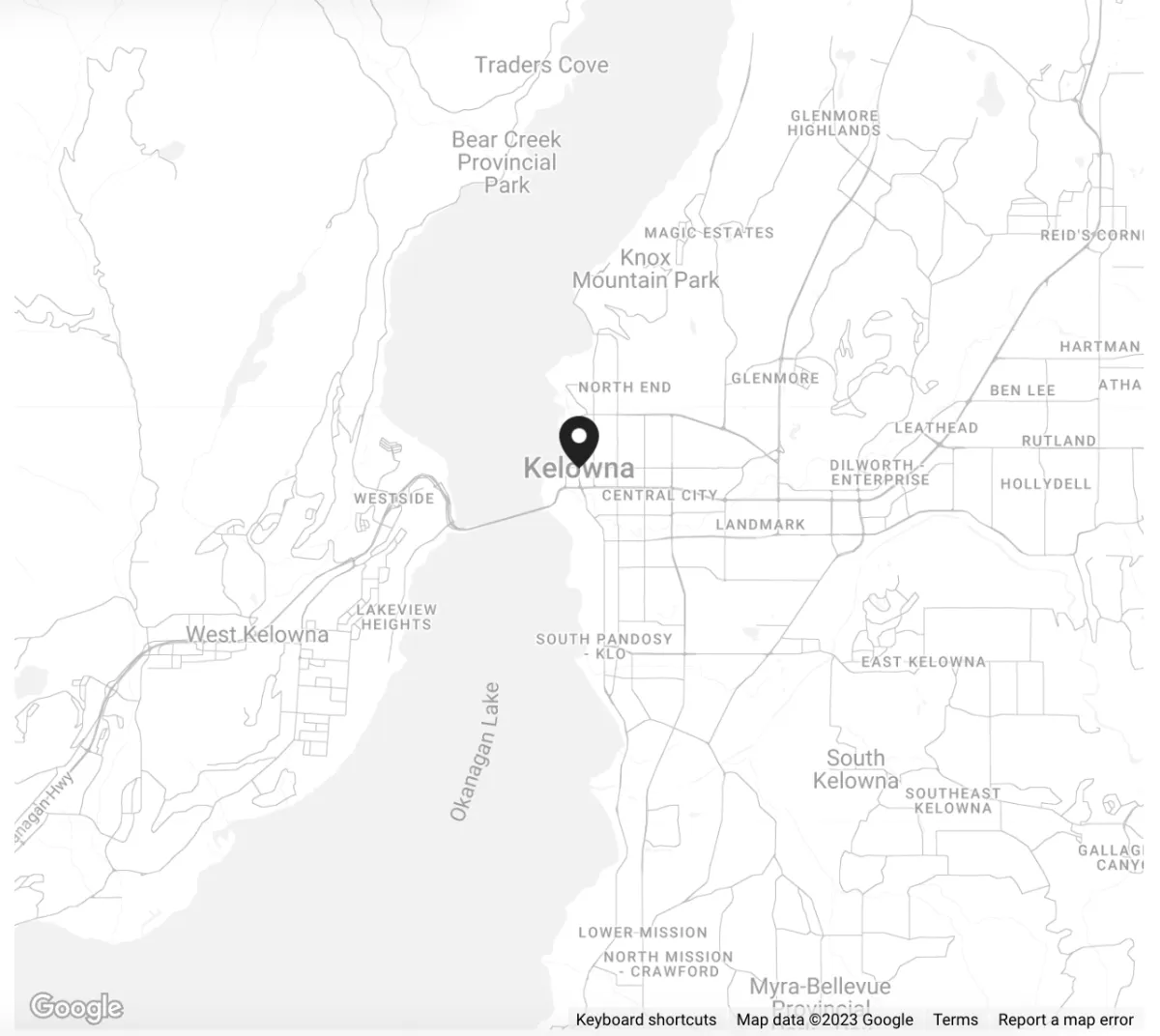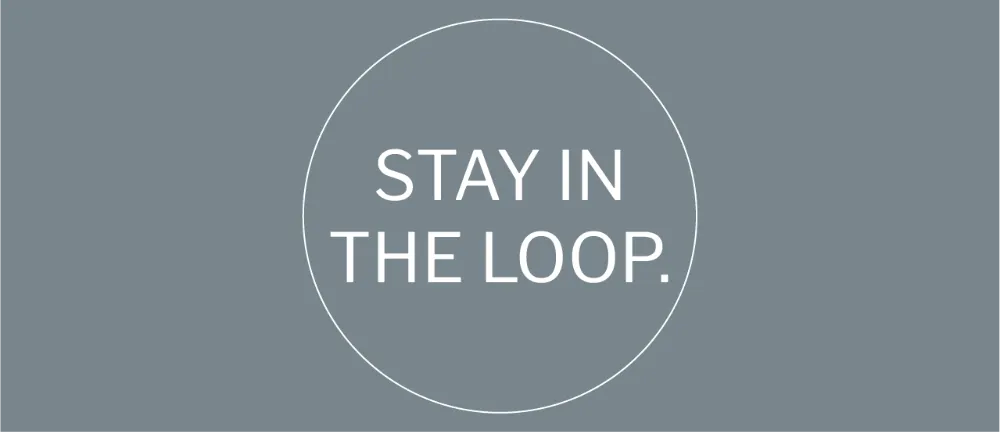
Services Tailored to Your Needs
Financial Consultations
A Financial Needs Analysis (FNA) is a complimentary service that shows you where you are financially, what you are doing well, and where you could use help. This is the first step to achieving your definition of wealth.
Make sure you have your financial "ducks in a row"
Uncover or discuss your financial goals
Create a tailored plan to take action to achieve your goals
Family/Income Protection
Based on your Financial Needs Analysis, we may find that your family and/or personal income needs protection, otherwise known as insurance. Insurance strategies will ensure that your household is protected against life's unexpected events.
Term life insurance
Whole life insurance
More...
Investing
We offer 2 main ways to invest: (1) Wealth Building and (2) Cashflow-planning
Wealth Building Strategies get you set up with registered account and investment vehicles to systematically build your wealth over time in a way that fits your personal goals. These products are great for families earlier in life.
Cash Flow Planning is typically best for those of you who are closer to retirement or have experienced a life event (like selling a business) that requires you to look at how the next chapter of your life will be funded.

Confidence that you’re working towards your wealth goals
No more money anxiety keeping you up at night. We’ll cut through confusing financial terms and concepts, making sure that you understand and feel empowered in your financial decisions.

A tailored financial plan made just for you and your family
We’ll work through what wealth means to you and show you steps that can be taken to get you there. We understand your definition of wealth is unique, and so should your plan.

On-going support to adapt to the changes in your life
We’re here to support you over the long term. As your life changes, so do your financial needs.
Secure your financial future.
Click below to book your FREE consultation.
Meet Our Team

Cody Boekestyn,
Financial Advisor

Ayla De Grandpré, Communications & Marketing Specialist
"Working with Cody has been nothing short of fantastic. He's down to earth, knowledgeable, and explains concepts in a way that I can understand. Unlike previous experiences with financial advisors, I can genuinely say I feel more comfortable and confident in my retirement future ever since I started working with him..."
- Mark, Obsidian Financial Client
Our Location and Where We Work with our Clients
We’re currently situated in the beautiful city of Kelowna, British Columbia. We work with people like you who live in British Columbia, and Ontario, Canada. Most of our appointments take place virtually, however we may be able to meet with you in person if you live in the Kelowna area.


Our Blog

Can I Afford That? 3 Principles for Spending and Saving
"Personal finance is 80 percent behavior and only 20 percent head knowledge"
-Dave Ramsay
Throughout your life, you’ve probably had the “money responsibility talk”, whether from a parent, concerned friend, or a financial advisor. While they likely varied, you probably hear something along the lines of:
“You can’t buy that car. It’s irresponsible to waste your money on something so frivolous. Think about all the things you actually need, or the things you’ll need a year from now. You should really be saving every penny while you can…”
But what if that luxury car, or that morning coffee, is something that brings significant joy and happiness in your day-to-day life?
Can it really be that simple? That if it’s not an absolute necessity, and it's costing us, should we just cut it out of our lives so that we can save for the future?
For us, it's not so black and white. Don't get us wrong - there is a time and place for frugality. But joyful living is also something we all need and deserve.
Money Values
But we believe that the first step, before you try to decide if you can afford something, is to look at your money values. What do you really enjoy spending money on? Why?
As per Ramsay’s quote above, it’s about making informed choices based on an understanding of what we care about and balancing that with what we’re doing now.

What are my money values?
There are so many different flavours of the money values conversation.
We want to keep it simple. Figuring out your money values really down to cultivating a bit of self-awareness. Here’s how to start:
Reflect on what truly matters to you. Is it security, experiences, or perhaps freedom?
Assess your current spending. Does it align with these values?
Adjust your budget to emphasize what makes you happiest while maintaining financial health.
The answer to these questions is the foundation of your personal finance.
For one person, spending a lot of money on eating out may enhance their quality of life and bring them joy by indulging their inner “foodie” and enabling them to spend quality time with their loved ones. For another person who thinks they don’t have enough time to cook, their UberEats habit may be keeping them from spending money on what they actually care about.
Seriously. Get out a pen and paper right now (or a clean note on your phone). Write down these 3 questions and answer them for yourself.
You’d be surprised. More people than you think are spending on things that don’t really matter to them, and are not spending or saving towards the things that actually matter to them in life.
Why You're not Spending on the Things that Matter
We often hold back from spending on what we really care about:
Because we feel like we shouldn’t spend money on “frivolous” or “unnecessary” things (thank you “money responsibility talk” morals).
Because our money values don’t align with those that everyone around us cares about (social pressure), so we don’t have a mental model for funding a different lifestyle. Think buying a campervan and touring North America instead of buying the white picket fence family home. Think your grandma would approve?
Because we’re spending on things that we don’t value and we feel like we don’t have a choice. Reality check: every financial choice that you make is a choice! There are trade-offs, but you likely have the ability to choose differently. Whether that’s moving to a small town because you value having a large home with lots of space and don’t care much about where you live, or choosing to go back to school because you don’t find your career rewarding anymore.

The point is - these reasons are all related to our psychology and behaviour. It’s how we think about money that matters. If you haven’t decided what matters to you, and where you want to go, then how do you expect to get there?
Or as Lewis Carroll, author of Alice in Wonderland, famously wrote:
"If you don't know where you are going, any road will get you there."
You get to decide what you spend your money on. If you don’t decide, other people and circumstances will decide for you.
3 Easy Guiding Principles for Reprogramming your “money responsibility” dialogue
As far as the “money responsibility” talk goes, there are probably a few ideas and morals that you’ll want to reevaluate. The world is dynamic, and while the people who instilled these principles in you likely meant well, the world they were living in is likely not the same as the one we inhabit now.
It wasn’t as fast-paced; it was more analogue than digital; it was predicated on the assumption that we would stay in a single job for the majority of our careers, in contrast to the contemporary norm where individuals tend to stay in a position for an average of four to five years.
Here are some of our guiding principles for financial mindset
Keep a budget and spend less than you make. Start by prioritizing your basic needs (e.g., shelter, food, water) and then start adding the things you value in from there.
Tracking your spending, while sometimes painful and confronting. Seeing just how much money you spent on X, Y, and Z in the last couple of months may be uncomfortable, and you may not want to look at it because you’re afraid you’ll actually have to do something about it. We get it. We’ve been there. But if choose to keep your head in the sand, it’ll be by sheer luck that you end up in your desired destination.
3 Guiding Principles for Creating a Solid Budget

1. Buying/Renting Your Home
One rule of thumb for your budget is to spend no more than 25% of your gross (how much is coming into your account each month) income on shelter (rent, mortgage, etc.).
Banks may offer you a mortgage that is much higher than that. As per the money values conversation, if a nice big home is something you really value and you’re willing to cut down on other expenses that don’t matter to you as much, that might be okay. You might be okay with being “house rich” and “cash poor”. For others, it can be easy to get caught up with the shiny new home and forget that what you actually enjoy is going on lots of vacations or going skiing every weekend. Keeping up with the Jones’ typically doesn’t lead to the most fulfilling life - so just remember to check back in with your priorities before you sign the paperwork.

2. Buying a Car
Okay, we did say that if you really value that luxury car then go get it. But there are still some general guidelines that you might want to still somewhat close to when buying that sleek new ride.
The general rule of thumb for car purchases is to spend no more than 35% of your gross annual income on a vehicle. That’s whether you pay in cash OR finance or lease it. IF you do want to spend over that, think about what you are currently spending on that you don’t care as much about, cut down on that and think of it as a trade-off.

3. Increasing your lifestyle
Increases to lifestyle can come in many forms - from introducing a new human (or fur) family member, to getting renovations completed on your old home. Really, an increase in lifestyle is anything that’s going to regularly (e.g., monthly) cost you more money.
Increasing your lifestyle can be really, really exciting! It can also be anxiety inducing though, if you are unsure if you can really afford those extra dollars every month. We often go over budget because life likes to throw us curveballs, like when you've perfectly planned your monthly expenses down to the last penny, but then your friends invite you to a themed brunch that demands a costume. Suddenly, you're scouring online stores for a mermaid tail or a spacesuit, because who can say no to "Under the Sea" pancakes or "Galactic" mimosas? Before you know it, you've spent half your grocery budget on glitter and inflatable planets.
The Self-imposed Stress Test - For Bigger Purchases
If you really want to know if you can increase your lifestyle, a good place to start is with a self-imposed stress test. This involves setting up a savings account and putting the additional cost of your lifestyle increase (e.g., $300 per month for Rover) away for 6 months. At the end of the 6 months, if you have the total amount you were supposed to save, you’ll likely be okay. If not, you might want to re-evaluate if this is a priority for you. If it still is, then what were the barriers that kept you from saving?
Most important thing is just to be honest with yourself.

Conclusion: Crafting Your Financial Journey
Ultimately, personal finance is a unique journey for each individual. It's about finding the right balance between saving for the future and enjoying the present. By understanding your money values, reevaluating outdated 'money talks,' and implementing practical steps, you can create a fulfilling and financially healthy life.
Remember, reprogramming your financial dialogue isn't about denying yourself pleasures but about making informed choices that align with your long-term goals and immediate happiness. Start today, and reshape your financial future into one that truly reflects who you are and what you value most.
Get started with us for free, today.
Want to keep in touch?
Sign up to receive our monthly newsletter to receive news and updates.
Monthly newsletters include exciting updates and links to new informative blog content and education.






